Press Release
The title of the article is: "Inhibition of the stromal p38MAPK/MK2 pathway limits breast cancer metastases and chemotherapy-induced bone loss."
ATI-450, an investigational drug, is a selective inhibitor of p38 mitogen-activated protein kinase-activated protein kinase 2 (p38MAPK/MK2) interface and an attractive candidate for stromal-targeted therapy. Levels of p38MAPKα expressed by a tumor and the surrounding stromal cells correlate with poor prognosis. In addition, p38MAPK signaling plays a key role in regulating osteoclast differentiation. In this paper, mouse models were utilized to explore the stromal inhibition of p38MAPK/MK2 pathway with oral ATI-450 in limiting breast cancer metastasis and protecting against bone loss, a major comorbidity of breast cancer.
Key Preclinical findings:
- Pharmacologically targeting the stromal p38MAPK/MK2 pathway limits breast cancer metastasis, preserves bone quality, and extends survival.
- The role of the stromal compartment in tumor progression is strongly illustrated in breast cancer bone metastases, where the stromal compartment supports tumor growth, albeit through poorly defined mechanisms.
- p38MAPKα is frequently expressed in tumor cells and surrounding stromal cells, and its expression levels correlate with poor prognosis. This observation led the authors to investigate whether inhibiting the p38MAPKα pathway could reduce breast cancer metastases in a clinically relevant model.
- Orally administered ATI-450 limited outgrowth of metastatic breast cancer cells in the bone and visceral organs.
- This effect was primarily mediated by p38MAPKα-MK2 pathway inhibition within the stromal compartment. Beyond limiting metastatic tumor growth, ATI-450 reduced tumor-associated and chemotherapy-induced bone loss, a serious comorbidity that greatly diminishes quality of life for cancer patients.
- These data: a) support a central role for stromal-derived factors in tumor progression; and (b) identify the p38MAPK-MK2 pathway as a promising therapeutic target for treating metastatic disease and preventing chemotherapy- and tumor-induced bone loss.
Several studies have shown that the stroma plays a significant role in tumor progression, thereby establishing a rationale for developing stroma-targeted anti-tumor therapies. The findings of Dr. Stewart and her colleagues suggest that stromal-targeted therapies have the potential to provide durable responses, help circumvent drug resistance, and synergize with tumor-targeted therapies.
This study was carried out by the laboratory of
The article is available at http://cancerres.aacrjournals.org/content/early/2018/08/08/0008-5472.CAN-18-0234.full-text.pdf and will appear in print form in the future.
About
About ATI-450
ATI-450, an investigational drug formerly known as CDD-450, is a novel oral selective MK2 pathway inhibitor that is being studied in relation to regulation of TNF-α and IL-1β via the p38/MK2 kinase pathway. The p38/MK2 pathway is a transducer of inflammation. Selective inhibitors of the MK2 pathway may block inflammatory cytokine production and activity and have the potential to restore balance to the body’s immune system. ATI-450 may have a role in treating a variety of autoimmune diseases including dermatological disorders, rheumatoid arthritis, inflammatory bowel disease, respiratory diseases, and in oncology.
Cautionary Note Regarding Forward-Looking Statements
Any statements contained in this press release that do not describe historical facts may constitute forward-looking statements as that term is defined in the Private Securities Litigation Reform Act of 1995. These statements may be identified by words such as "believe", "expect", "may", "plan," "potential," "will," and similar expressions, and are based on Aclaris' current beliefs and expectations. These forward-looking statements include expectations regarding Aclaris’ preclinical and clinical development of its drug candidates. These statements involve risks and uncertainties that could cause actual results to differ materially from those reflected in such statements. Risks and uncertainties that may cause actual results to differ materially include uncertainties inherent in the conduct of clinical trials, Aclaris' reliance on third parties over which it may not always have full control, and other risks and uncertainties that are described in the Risk Factors section of Aclaris' Annual Report on Form 10-K for the year ended
Aclaris Contact
Senior Vice President
Corporate Strategy/Investor Relations
484-329-2140
mtung@aclaristx.com
Source: Aclaris Therapeutics, Inc.
